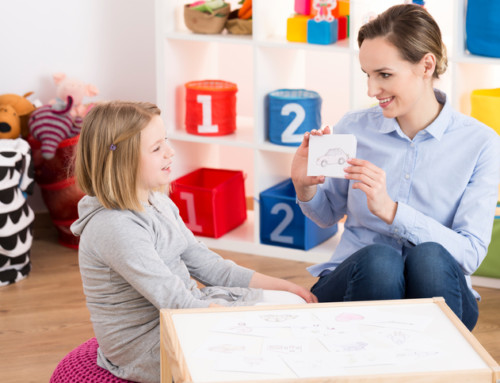I hope you had a wonderful summer. The weather here in Florida has been very rainy but that did not stop me from getting some things done. I took a little break from this post but now I am back in full force! Every other week you should get a post from us! I cannot believe that school is back in session! Many people think of the January 1 as the start of a new beginning. But if you are a teacher or a parent-often the beginning of the school year is the start of a new beginning for both of you. I personally look forward to every August-I get to shop for new school supplies for my nieces and I see the excitement they have of starting school. It is almost infectious! But for some, even though you hope for something different, every by the end of September you find yourself back into the same old routine as last year- the routine of “dreaded homework time” where you and your child struggle to complete homework probably four nights a week or more
Every child at some point has difficulty with homework because our kids are learning new concepts, but some kids have extraordinary amount of trouble. This leads to homework assignments that take hours instead of a few minutes. Often when kids have that much difficulty –there is something else going on. Sometimes it can be a breakdown or weakness in the child’s language system. When it comes to completing homework I recommend the following to the parents of my patients:
- Give them a break afterschool-it should be about 15-30 minutes. For many kids it takes SO much effort to get through the day (especially if processing is an issue). So a break really helps them recharge. Imagine after you have had an especially hard day at work-would you want to jump into an intensive report your boss wanted you to do right when you got home?
- Break the assignment up into manageable parts and celebrate after the completion of each section– Often when a child sees an entire worksheet then they get overwhelmed but if you give a high five and a stretch break every after 10 problems, then it seems doable.
- Consider using movement-It has been proven that movement really helps kids learn and grasp new concepts. So swap out the chair at the dining room table or desk for a yoga ball, have him/her jump or clap as they are practicing multiplication facts.
- Start with a positive mantra or confession and refer back to it when it starts to get tough. Having your child say something like “I have a mind that is open to learn new concepts” or if you are a Christian, “I have the mind of Christ” helps start the afternoon with something positive. Plus if they are having trouble I am sure your child is already doing some negative self talk-this helps combat some of that.
- YOU take a break. It is difficult to teach someone something new and frustration often comes-its ok to walk away and take a breath. Just remember the last time you had difficulty learning a new job or even a song or dance move-it helps when the person who taught you was patient.
If after trying all of those things-there is still extreme difficulty-then consider going to a speech therapist, that has experience with language disorders or processing disorders or a tutor that specializes in that subject area. Often they can give you even more creative ideas to help reinforce a skill. That may make a world of difference. I am looking forward to this school year! Together I know that we can make it a great year![/fusion_text][/fusion_builder_column][/fusion_builder_row][/fusion_builder_container]














Leave A Comment
You must be logged in to post a comment.